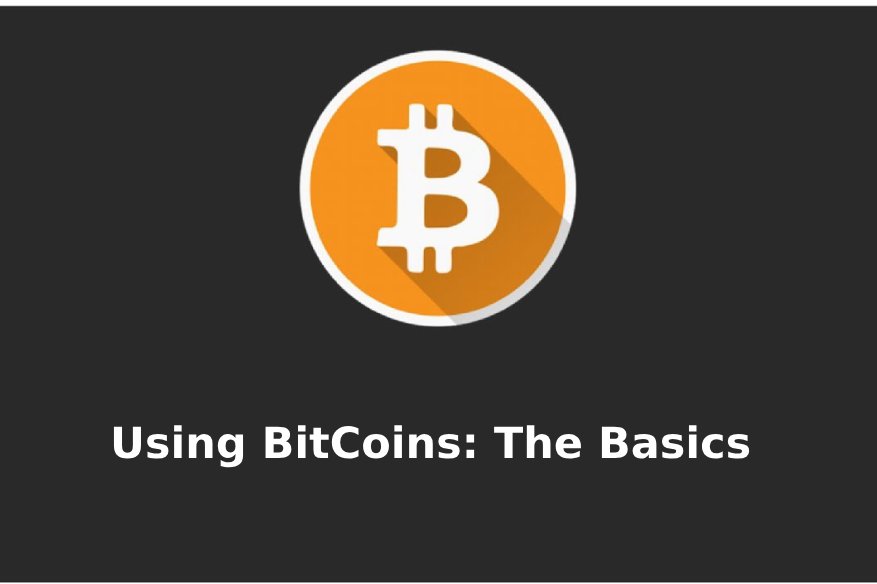Using BitCoins: The Basics

The benefits of cash without its big-brother government regulation, that is the fascination of the world with cryptocurrency, a revolution initiated by Bitcoin a few years ago. Considered as the future of measuring value, cryptocurrency is considered “green” solution, as there is no need to mint metal coins which require an enormous amount of energy to produce and printing paper money which inflates the economy more.
As the Internet grew for the last 30 years, the demand for easier payment options has created new markets for opportunity. Those that have embraced the digital transition to a common business structure like Amazon took off, while those that refuse in doing so like Kodak are just now a small footnote in history.
As the Internet captures the majority mindshare in the world, the current setup of each country or even a regional block regulating and maintaining its own currency becomes more and more inconvenient. Every government only has one goal, to promote its interest and when it comes to its own currency, to promote its growth and strength. It goes to a level where people are not seeing money as just a tool to accomplish something, but life has been distorted to a point most people’s time is spent to make money.
With Bitcoin and its derivatives, the equation changes. Government financial institutions like the central banks have zero say on how a cryptocurrency operates. It is a regulation-free universal cash for all, that is how the early and current adopters of the technology view it.
But how does a Bitcoin get mined? Of course, it is not created by central banks, those entities even as we speak are trying desperately how to regulate an unregulated digital currency. The power of a typical computer today is not enough to resolve the evolving complexity of the Bitcoin hashes. These days, ASICs (Application-specific integrated circuit) is used for minting new BitCoins; these are specialized machines that have many parallel high-end graphics cards which are used in conjunction to solve resolving hashes.
If you are a new Bitcoin user, trying the currency for the first time follow the following steps:
- Acquire a virtual Bitcoin wallet.
Similar to a real-life wallet, Bitcoins are logically stored in a virtual wallet. The closest analogy to it is a bank account holding your money when not in use. Wallet apps are available for download for many platforms: desktop, laptops and even smart devices. The Virtual Wallet is just software enclosing a certain number of Bitcoin in a virtual storage device. A new wallet app can be downloaded from www.bitcoin.org. - An alternative to having a virtual wallet is signing up for an online service, to serve as a storage of the user’s Bitcoin. By signing up for such service, the virtual wallet is hosted on that site itself, hence it is hassle-free for users who are just starting up with Bitcoin.
- How to fill the wallet? Of course, it can be minted using an ASIC machine. Not everyone can afford to buy or build one, and the electric consumption incurred for attempting to mine Bitcoin is astronomically more expensive than the possible number of Bitcoins that can be minted. Most of the Bitcoins in the market were bought by a real currency, through the use of cryptocurrency exchange firms.
There are two main types of currency exchange: real-time and fixed-rate. Real-time trading is where the buyer lists the maximum price they are willing to pay for each BitCoin, while the seller lists the minimum price they are willing to sell each BitCoin for. Trade instantly happens when these two prices overlap.
In this scenario, it is possible to get a great exchange rate, although this can require some patience. Fixed-rate exchange, on the other hand, is much closer to your standard foreign exchange transaction: a company will offer a rate which is fixed for a certain period and will exchange any quantity of fiat currency for BitCoins at a standard rate. While you won‟t get as good a deal as if you‟re patient in real time trading, a fixed-rate exchange is more reliable and instantaneous.